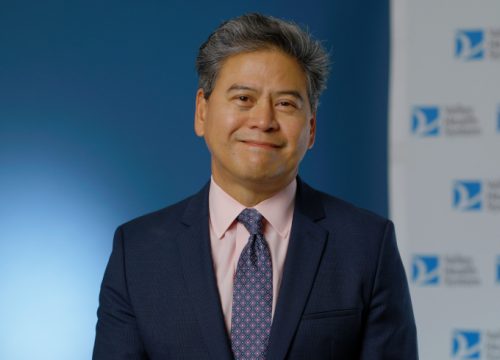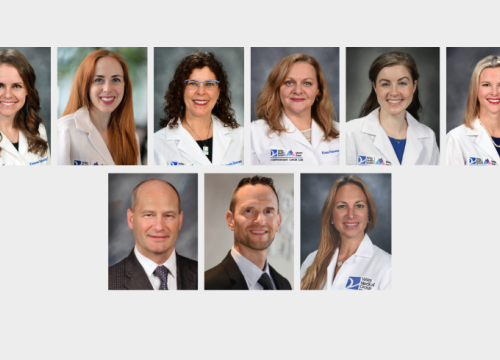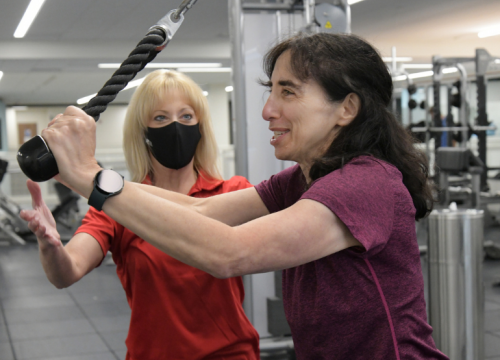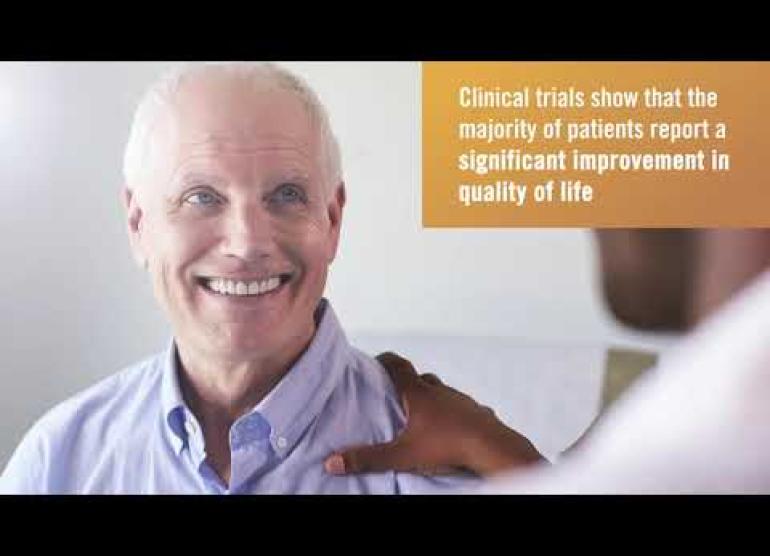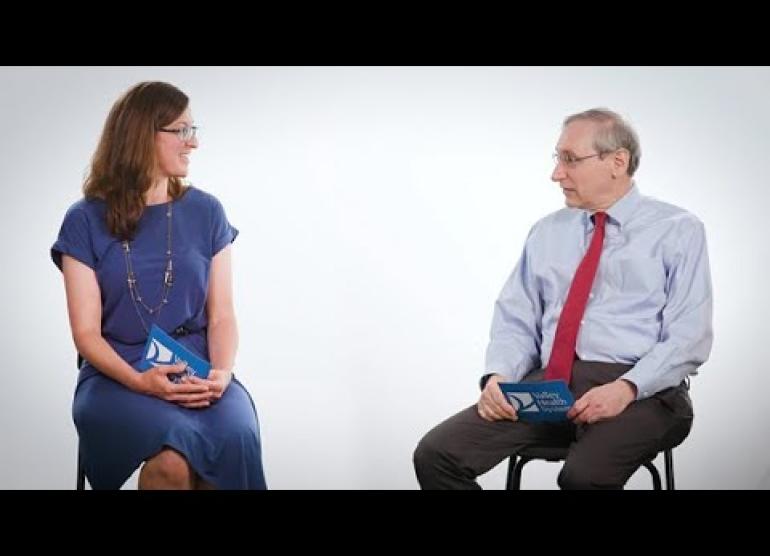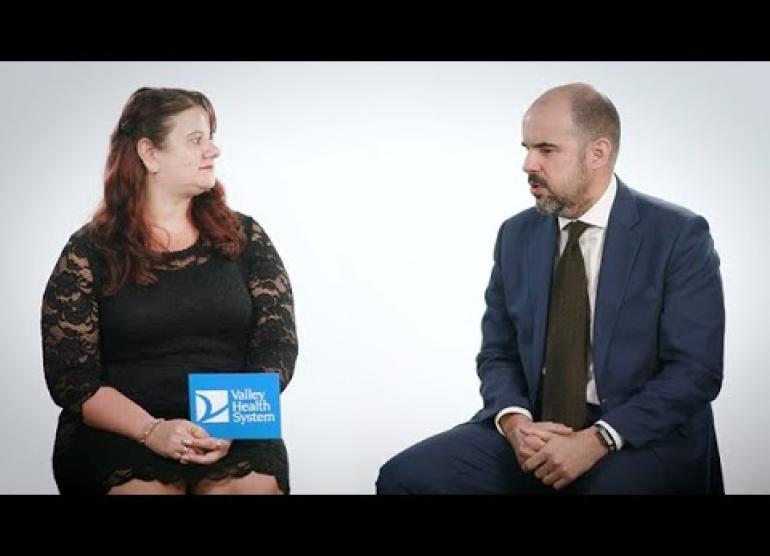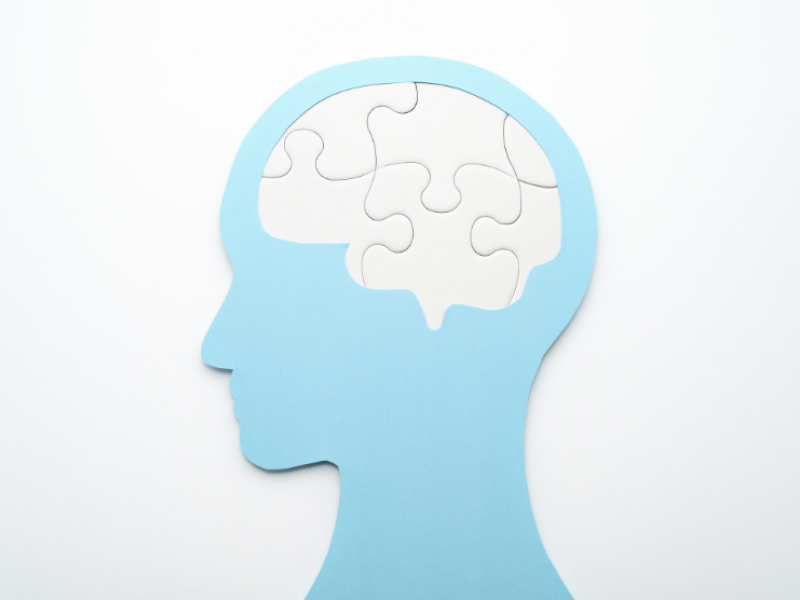
“Trauma is a fact of life. It does not, however, have to be a life sentence.”
Peter A. Levine, “Waking the Tiger”
The COVID-19 pandemic continues to cause havoc and uncertainty across the country and world. Those of us in healthcare have especially been affected and even traumatized by this virus and the damage it has caused. Many have expressed symptoms of post-traumatic stress disorder, which include insomnia, problems with focus, irritability, and anxiety. However, not everyone experiences traumatic events in the same way, and there are many different reactions to this recent stressful event.
One such reaction is termed post-traumatic growth (PTG), which refers to a positive change experienced because of a struggle with a major life crisis or traumatic event. Psychologists Robert Tedeschi and Lawrence Calhoun describe PTG as a “positive psychological change in the wake of struggling with highly challenging circumstances.” In other words, PTG occurs when a traumatic experience leads to positive change, not just making the best of a bad situation.
PTG can help define our character and clarify our purpose on Earth. For example, someone who survives a physical assault may go on to become a police officer to protect others, or a person who works in healthcare in a non-clinical position may want to become a nurse following a healthcare crisis such as COVID-19. PTG may be likened to Kintsugi, the centuries-old Japanese art of fixing cracked pottery. Rather than hide the cracks of the rejoined broken pieces, the art involves repairing the pottery using gold and silver lacquer, which often makes the final product even more beautiful than the original.
Anyone can experience PTG. Someone who is aware of what PTG is may be more likely to grow through trauma, as is someone who has a tendency to be open to such a concept. An individual who is willing to sit with an emotional experience rather than avoiding such discomfort may also experience growth because of trauma. PTG helps individuals process the implications of a difficult experience, then assists that person in seeing the opportunity due to the trauma, which can result in personal evolvement.
Ways to Foster Post-Traumatic Growth
- Be aware of and accept your emotions
- Focus on the moment and be mindful
- Be as realistic as possible regarding the story you tell yourself
- Seek professional counseling or support from someone who understands
- Meditate/visualize, staying as calm as possible
- Write about the experience, paint, sculpt, or take photos
- Cultivate optimism by repeating a positive phrase to yourself
- Practice self-care – exercise, get enough rest, and eat healthy
- Be patient with yourself and the process
As a result of post-traumatic growth, one may experience:
- Improved relationships and connectivity
- A sense of new possibility
- A strong feeling of personal growth and sense of purpose
- Spiritual change and an alteration in one’s philosophy on life
- A deeper appreciation of life
- An improved mindset and perspective
It is inevitable that one will suffer in life, but the hope is that trials will lead to deep growth.






